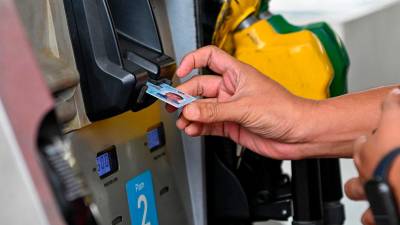PETALING JAYA: The government’s new Budi95 programme is a “dangerous gamble” that could make or break public trust in the Madani administration, analysts
have said.
Emir Research president and chief executive Datuk Dr Rais Hussin described the reform as “not a minor policy tweak” but a “high-stakes national stress test”, cautioning that the savings projected are modest compared with the political risks involved.
He said fuel prices remain the most visible indicator of “bread-and-butter politics”, in which even a few sen increase or decrease at the pump resonates more deeply with Malaysians than any fiscal statistic.
“On the surface, it is about fuel pricing. At a deeper level, it
touches every nerve of Malaysia’s governance system, fiscal stability, cost of living, political legitimacy and the integrity of national data infrastructure. The government is therefore wagering its political legitimacy on Budi95,” he said in a statement.
Citing global examples, Rais said Nigeria’s 2012 attempt to cut fuel subsidies triggered nationwide protests, while Indonesia succeeded only by pairing subsidy cuts with direct cash transfers.
He added that the success of Budi95 hinges on flawless execution.
“Its effectiveness depends entirely on the integrity of the Padu, NRD and RTD systems. If databases fail to sync, legitimate citizens could be excluded. System outages, unreadable MyKads or failed e-KYC checks could fuel frustration from the start,” he said.
Rais also cautioned against “sellers’ inflation”, in which businesses take advantage of policy shifts to raise prices despite stable costs.
He said with households already under pressure, such opportunism could erase any gains before they are felt.
Rais also questioned the government’s assumptions on fuel consumption.
While officials claim 99% of motorists use less than 300 litres of RON95 a month, averaging 80 litres, he said this “conceals a spatial reality”, adding that excluding the top 15% income group in future phases could enhance perceptions of fairness but also trigger pushback from higher earners, while potentially driving up logistics and consumer prices if inflation controls are not enforced.
